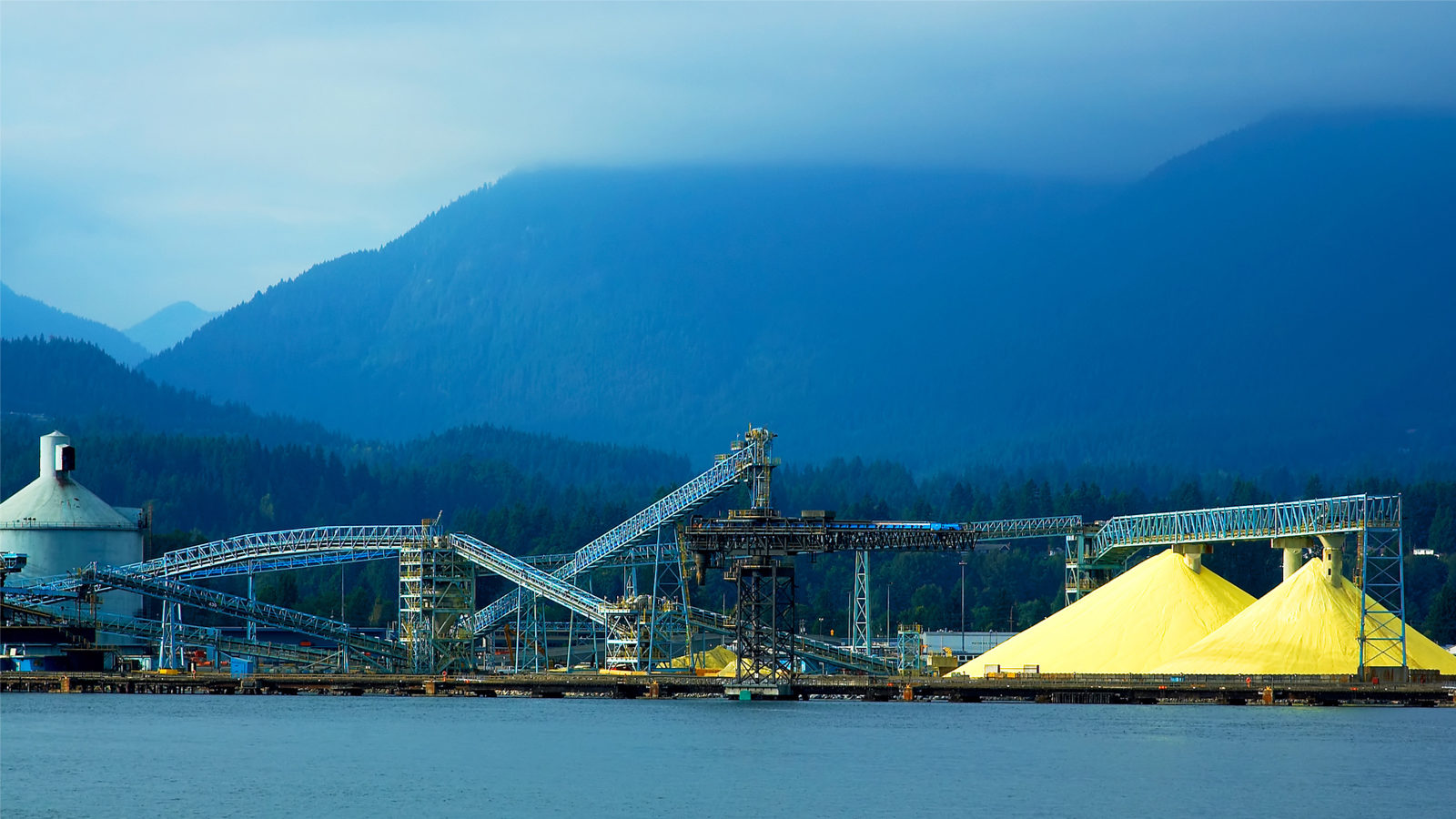
The four provinces of Western Canada – British Columbia, Alberta, Saskatchewan and Manitoba – contributed $733 Billion or 42% of Canada’s GDP in 2019, with large industries including mining, quarrying and oil & gas exploration contributing nearly a third (28%) of GDP in these provinces.
With an eye to the future, the Western provinces have established strategies to diversify their economic base away from an over-reliance on these traditional industries. Technological advancement through 5G, promises to be essential in enabling that transition.
In its report, The importance of 5G and the digital economy in Western Canada, PWC estimates that, in addition to societal and environmental benefits, 5G is expected to lift the region’s GDP by $34 Billion, annually, by 2035¹.
To assess where 5G will create the most impact, PWC has organized the economy in the four provinces into three categories – Primary Industries, Priority Industries and Consumer Focussed Industries. These categories account for 90% of Western Canada’s GDP and 95% of total employment.
Primary Industries are capital intensive sectors such as Mining, Oil and Gas extraction and Real Estate and Leasing. Priority Industries include Logistics, Transportation and Education and Consumer Focused Industries include Public Administration, Utilities and Retail Trade.
5G is expected to add $16.4 Billion annually through Primary Industries, $7.4 Billion through Priority Industries and $6 Billion through Consumer Focussed Industries by 2035. The report shares examples of the possibilities today, in the near term (1-3 years) and long term (longer than 3 years) in these industries.
For example, in a Primary Industry such as Mining, Quarrying and Oil & Gas extraction, today, 5G can enable self–driving vehicles for material handling. In the near-term, the technology will allow augmented reality maintenance. In the longer term, it will allow tele-operated mobile robotics for hazardous task maintenance and site safety.
Rogers’ recent announcement with Kirkland Lake Gold is one such example. Through this partnership Detour Lake is now the first mining operation in Canada to be fully connected over a 5G wireless private network, providing enhanced coverage, end-to-end reliability, and a low latency network across its 80-square-kilometre operation.
In a Priority Industry such as Logistics/Transportation, today 5G can enable freight tracking and fleet management. In the near term, the technology will be able to automate warehouses, and support connected ports with logistics automation to name a few features. In the longer term, driverless trucks may be on the roads and drones may be used for distribution and delivery.
In a Consumer Focussed Industry such as Utilities, today, 5G can enable residential smart meters. In the near term, it will be able to provide augmented reality remote maintenance. In the long term, we will likely see a private 5G network with dedicated bandwidth for utilities.
Not all these timelines are cast in stone with some advancements appearing simultaneously. However, they will result in higher efficiencies, safer operations, reduced costs, and additional revenues.
PWC’s report “The importance of 5G and the digital economy in Western Canada” is a welcome addition to the research on how 5G will bring benefits to Canada moving forward. While there is agreement on the potential of 5G technologies, policy makers and regulators must make decisions that accelerate their deployment. The importance of scale in the industry, balanced spectrum policy and a predictable set of regulations that remain flexible as the needs of the digital economy evolve, will all be critical to ensuring the technology meets its potential.
Charit Katoch, Director, Public Policy
